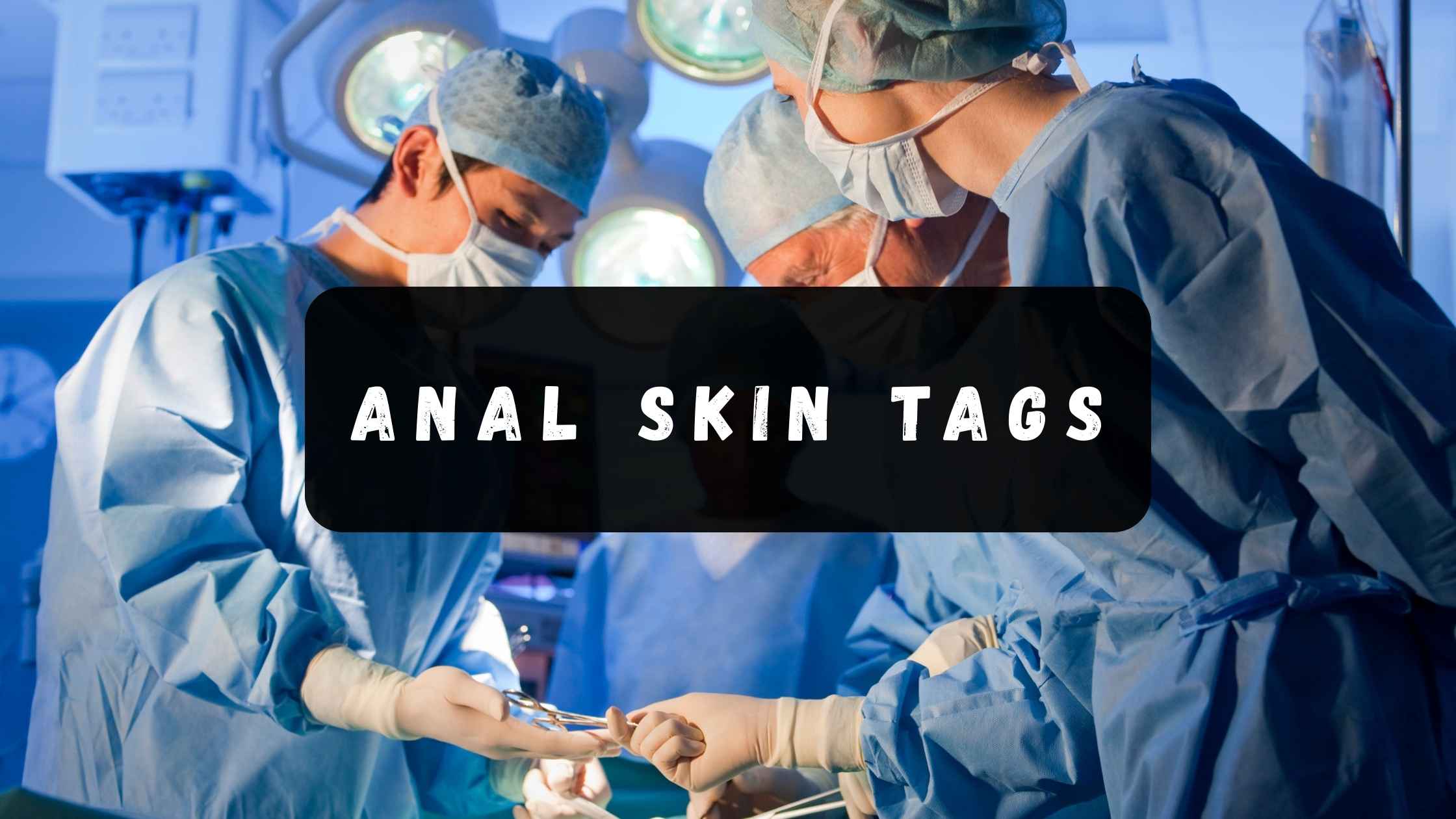Ad Details
-
Ad ID: 1564
-
Added: May 2, 2025
-
Views: 8
Description
“Especially for patients also managing anal skin tags and related digestive comfort issues, this article investigates the best foods to support post-surgical recovery following pilonidal cyst surgery.”
At Allen Kamrava MD MBA, we are concerned with all aspects of your healing. Your body needs fuel to recuperate following pilonidal surgery; that starts with the food on your plate. Eating attentively is even more crucial for those who have extra issues like anal skin tags. Your comfort and recovery schedule may both be affected by what you eat.
Why Does Diet Still Count After Surgery?
After surgery, your body works extra. It fights against infection, lessens inflammation, and heals tissue. It takes the correct balance of nutrients to perform this successfully. Choosing healing foods can:
- Accelerate rehabilitation.
- Minimize discomfort.
- Boost breakdown.
- Help with skin repair.
Keeping bowel motions smooth and regular is also a major concern when it comes to surgery sites close to the tailbone or rectal area, as with pilonidal cysts and anal skin tags commonly prevalent to some patients.
Focus on Fiber-Rich Foods
After pilonidal surgery, fiber helps digestion and keeps bowel motions from straying free from control. Try adding:
- Cereals made from oats and bran.
- Buckles and lentils and beans.
- Berries, apples and pears.
- Leafy greens like spinach and kale.
If fiber isn’t currently a regular habit, start gently. Along with helping it pass through your system, drink water.
Lean Proteins for Repair of Tissues
Protein lets your body close incisions and restore tissue. Pick:
- Turkey and chicken.
- Fish (Particularly salmon and other fatty fish).
- The eggs.
- Plant-based proteins including tofu and tempeh.
Try including lean proteins with every dinner.
Good Fats for Skin Conditions and Inflammation
Good fats enhance cell operation and help to lower inflammation. Find:
- Avocados.
- Olive greener.
- Chi and flaxseeds.
- Nuts such as walnuts and almonds.
Limit saturated fats and steer clear of fried foods, which aggravate inflammation.
Water Drives Everything
Water keeps your skin flexible, helps digestion, and removes pollutants. Try for 8–10 cups a day following surgery. If ordinary water seems dull, add herbal teas or electrolyte water.
Avoid caffeine and sweet drinks since they could aggravate your digestive system.
Things to Steer Clear of Right After Surgery
Certain meals could induce pain or impede down healing:
- Highly polished snacks.
- Red meat in excess.
- Sweet sweets.
- Alcohol.
These can aggravate inflammation, poor healing of wounds, and constipation. Keeping them off your plate is recommended, particularly during the first two weeks.
Also see Anal Skin Tags and Hygiene: How to Care for Your Skin Post-Treatment
Simple Meals to Keep You Full
Basic, filling meals can have a significant impact:
- Salmon grilled over quinoa and steamed broccoli
- Berries and flax seeds on top of oats
- Lentil soup with a whole grain roll
- Greek yogurt, banana, spinach, chia seeds in a smoothie
During rehabilitation, meal prep can be quite helpful.
Supporting Gastronomic Health
For people handling simultaneous anal and pilonidal recovery from skin tags, calm digestion is crucial. One could think about including:
- Foods high in bacteria like yogurt or kefir
- Vegetables fermented like kimchi or sauerkraut
- Whole grains including brown rice and barley
These meals strengthen your intestines and ease bowel movement strain.
Minerals and Vitamins to Support
Important nutrients for post-operative healing include:
- Vitamin C (from bell peppers and citrus fruits) for collagen synthesis.
- Zinc for tissue repair found in shellfish and seeds
- Iron from leafy greens and legumes will help fight tiredness.
See your doctor before beginning any supplements.
Managing Pain Through Diet
A few foods naturally have anti-inflammatory properties. Try adding:
- Turmeric (top soups or golden milk)
- Ginger, either in stir-fries or tea,
- Cherry with blueberries
Reducing inflammation will enable you to feel more at ease.
Maintaining Regularity Without Stress
Dealing with skin tags anal and surgical recovery calls for avoiding constipation. Apart than water and fibre, try:
- Pears or prune juice
- Foods high in magnesium, including leafy greens and bananas
- First things in the morning are warm fluids.
This helps to avoid extra discomfort or risk to healing cuts.
Emotional Integrity and Appetite
After surgery, a reduction in appetite is natural. Steer clear of forcing big dinners. Try instead modest, nutrient-dense snacks instead
- Nut butter on whole grain bread.
- A cooked egg topped with avocado
- Pineapple cottons cheese
Meals can be more easily managed with mild encouragement and a laid-back dining setting.
When Should One Call Their Provider?
Food can do a lot; it cannot do everything. If you see:
- Growing suffering from digestion.
- Bleeding or swelling close to the operating site.
- Deversing Anal skin tag symptoms.
- Nausea, fever, or chills.
Get in touch straight now. Early catch of problems is always preferable.
We Are Here to Support You
Healing transcends drugs and cuts to encompass more. At Allen Kamrava MD MBA, our concern is the overall picture. The key is nutrition; we are here to help you with knowledge, compassion, and direction all through the process.
If necessary, we are pleased to work with dietitians, offer meal planning tools, and respond to dietary concerns.
Final Thought
After pilonidal surgery, your diet really counts. From fiber to protein to water, every mouthful can assist expedite recovery and ease pain. At Allen Kamrava MD MBA, we walk our patients through every stage including the little daily decisions that help in long-term recovery. The correct nutrients make a big difference whether your recovery from surgery, you’re treating anal skin tags, or both.
